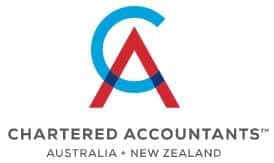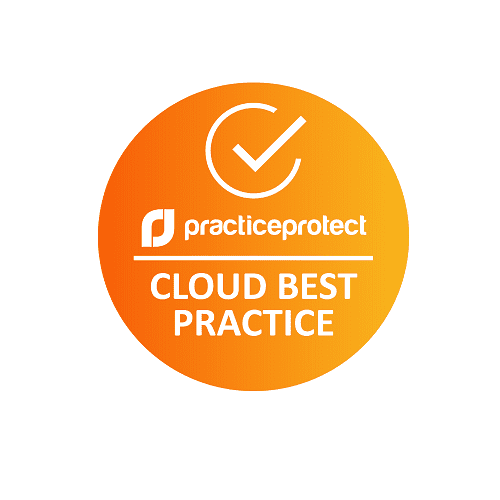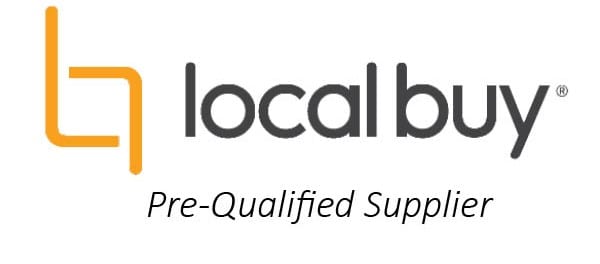The 21st Century Audit practice requires a high level of administrative support. A strong administrative team can add significant value to the firm whilst freeing up time for auditors to focus on managing client relationships and getting the job done.
Amanda Cattell, Business Support Co-ordinator for National Audits Group, recently shared her thoughts on the role of administration in managing client relationships and taking control of workflow in an audit firm.
I joined National Audits Group around 3 years ago. Both the audit industry and our firm have changed significantly in that time. Technology has allowed for greater engagement with clients and significantly improved the flow of work. My role has also evolved over this time to include:
- Client engagement and onboarding processes
- Contacting clients on behalf of Directors, Associate, Managers and Auditors;
- Management of mail correspondence, ensuring all email and phone messages are delivered
- Xero accounts management including reconciliations, invoicing and statements
- Management of iFirm processes including client set-up, preparing draft and final documents, database management, budgeting and office reporting
- Management of Evolve SMSF Audit processes including dispatching reports and invoicing
- Assistance with the organisation of training events
Some key observations in relation to business administration in an audit firm:
- Proactive communication with clients is #1 priority
The team at National Audits Group places significant emphasis on managing client relationships proactively. If clients clearly understand the process of completing work, then they are more likely to participate positively and proactively as the audit progresses.
As the first point of contact with clients, I am often required to manage the flow of information between client and auditor. This requires a good understanding of workflow as well as an appreciation of the importance of responsiveness to client queries.
- Engagement and re-engagement ensures expectations are defined
I have responsibility for ensuring that clients are engaged and re-engaged formally with confirmation in writing of acceptance before work commences.
It’s important to re-engage with clients as soon as possible after the last audit was completed to ensure that a review is undertaken of any issues which arose during the previous audit and take into account any lessons learnt.
The re-engagement ensures that as the new audit commences, there are clear expectations in relation to the flow of information. As client relationships can change from year to year, it’s essential to confirm both auditor and client contact details to avoid delays in starting an audit.
- It’s important that there is a clear view of workflow
One of the best ways to proactively manage relationships with audit clients is to have a clear view of workflow status including the flow of information. This gives audit clients reassurance and avoids the need for constant follow-up of requests for information.
Platforms like CaseWare Xtend do away with excel spreadsheets and allow all parties to see what information has been provided and what’s outstanding. If information received is not complete, the client can see immediately what additional information is required.
CaseWare Xtend allows National Audits Group to:
- Securely request, file and store sensitive client data.
- Collaborate and communicate with clients more effectively and in real time
- Manage client files and requests in one centralised location
- A cloud-based practice management platform is essential
Around 3 years ago, National Audits Group made the decision to transition their practice management platform to CCH iFirm. I provided support in ensuring that procedures around the flow of information were being followed by team members.
It’s essential that all staff understand and follow defined processes if the platform is going to be effective in managing workflow and information. A core focus at National Audits Group has been to ensure that everyone is on the same page.
CCH iFirm has also enabled the firm to adopt a centralised, consistent approach to the engagement of clients and the use of checklists to identify and share information required to complete an audit. Unless both auditors and clients are prepared to accept internal standards in relation to workflow, it will be difficult for the audit firm to complete work efficiently and accurately.
Key challenges for business support
It’s not surprising that communication is the key challenge for administration in supporting the activities of audit firms. Emails are effective to a degree, however it’s important that verbal communication is used to clarify requirements and deal with issues arising from the audit process. Picking up the phone will often resolve issues in a more timely and effective manner than persisting with the use of emails to convey requests and information.
In a fast-moving professional service environment, priorities can change on a daily or even hourly basis, even with the most effective forward planning procedures in place. The impact of changing priorities on the completion of existing work needs to be considered at all times. Effective workflow management will help to ensure that tasks are not overlooked, resulting in delays in completing work in a timely manner.
Finally, administration is often seen as the ‘dumping ground’ for all the non-technical tasks that need to be managed in a timely manner. This is expected and anticipated by administrative professionals. Effective use of technology and the documentation of internal systems can go a long way to reducing or even eliminating routine tasks that don’t add a lot to the value of the audit process.
What’s next for administration in audit firms?
The business of external audits is evolving as technological changes and regulatory requirements place new challenges on audit firms. Those firms that rise to the challenge by really taking control of client relationships will be best placed to add value in the years ahead. The role of Business Services in supporting the technical team has never been more important to the success of audit firms.
Amanda Cattell | Business Support Co-ordinator












